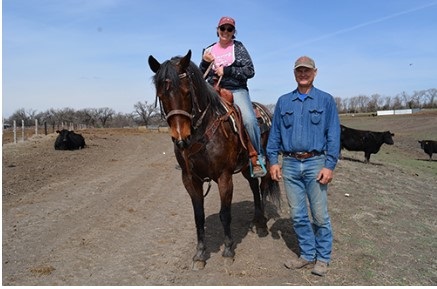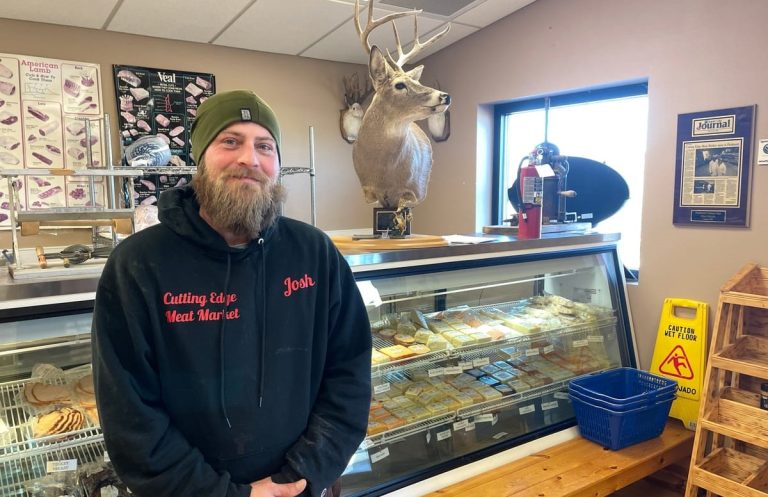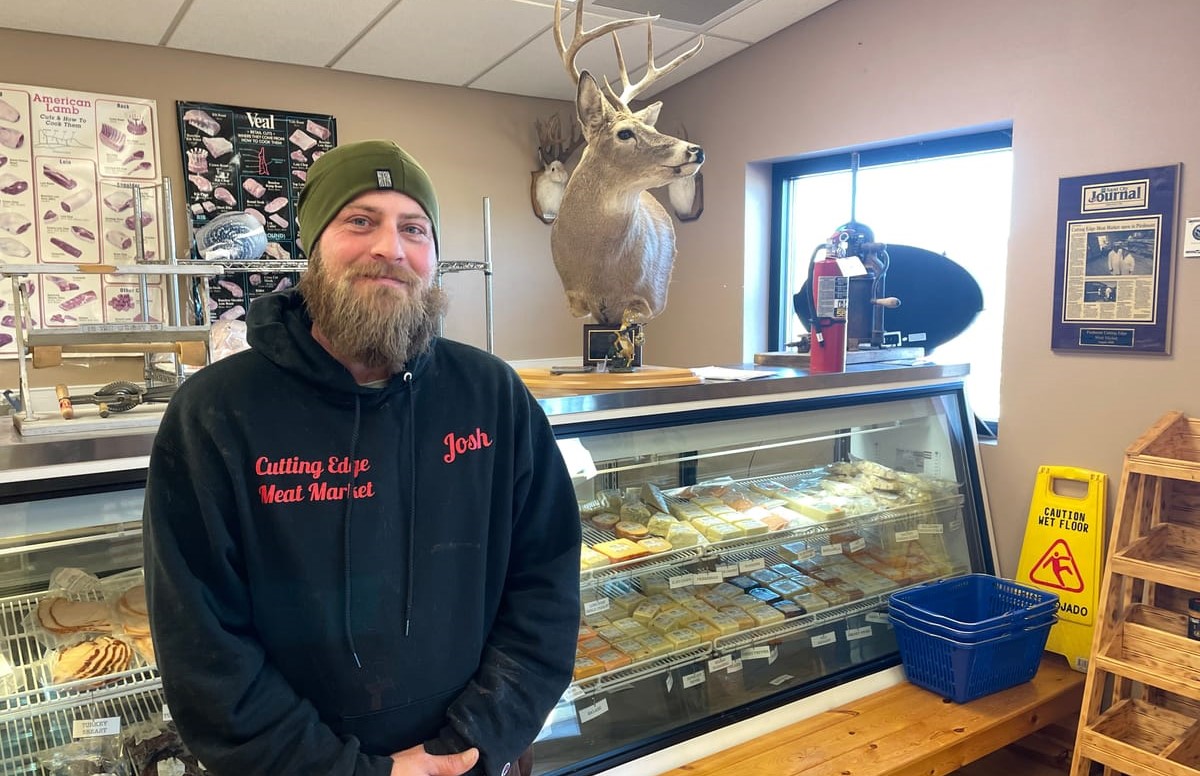WASHINGTON, DC – In a decision that will affect hog, veal and chicken producers across the country – including in South Dakota – the U.S. Supreme Court has declined a review of California’s Prop 12, formally known as the Prevention of Cruelty to Farm Animals Act, after a challenge made by the North American Meat Institute (NAMI).
In what is being called the country’s strongest law addressing animal confinement, the high court gave no explanation Monday for their decision to uphold California’s Proposition 12, that bans the confinement of egg-laying chickens, mother pigs and calves used in the veal industry.
Proposition 12 was approved by 63 percent of California voters in 2018.NAMI immediately field a petition against

the law. The governments of nearly half the U.S. states agreed with the NAMI’s petition. Twenty states filed an amicus curiae brief with the U.S. Supreme Court supporting the NAMI petition including South Dakota, North Dakota, Montana, Wyoming and Nebraska.
The brief said Proposition 12 insulates in-state farmers from out-of-state competition, while imposing crushing burdens on out-of-state farmers and producers who
have no political voice to shape the regulations that California has unilaterally determined to foist upon their operations outside of California.
With 38 million residents, California is by far the most populous state. It is the leading U.S. producer of fresh fruits and vegetables, but much of the meat and eggs in its grocery stores come from other states
Parts of Proposiiton 12 took effect in 2020, giving more space to egg-laying hens and veal calves. The rest of Proposiiton 12 is due for implementation at the start of 2022, when eggs will have to come from cage-free hens and breeding sows will be freed from “sow crates” that limit their movement.
Proposition 12 also prohibits the sale of meat products that don’t conform with the state’s animal housing standards. NAMI was challenging the sales ban on veal and pork not raised according to those standards.
The 2020 provisions will have little economic impact, but “much more substantial impacts will come from the second part of Proposition 12 implementation on Jan. 1, 2022, when cage-free egg standards and breeding-sow standards take effect,” said University of California analysts. Consumers would spend an additional $960 million for table eggs and $174 million more for pork in 2022. Egg prices could rise by $1.94 a dozen and pork by 14¢ a pound, the analysts said in a report to the California Department of Food and Agriculture, which is in charge of implementing Prop 12.
“We are disappointed our petition for cert was denied. We will be considering other options to block Proposition 12 which will cost both producers and consumers millions of dollars according to economists and the state of California’s own analysis,” Meat Institute spokesperson Sarah Little said in a statement.












